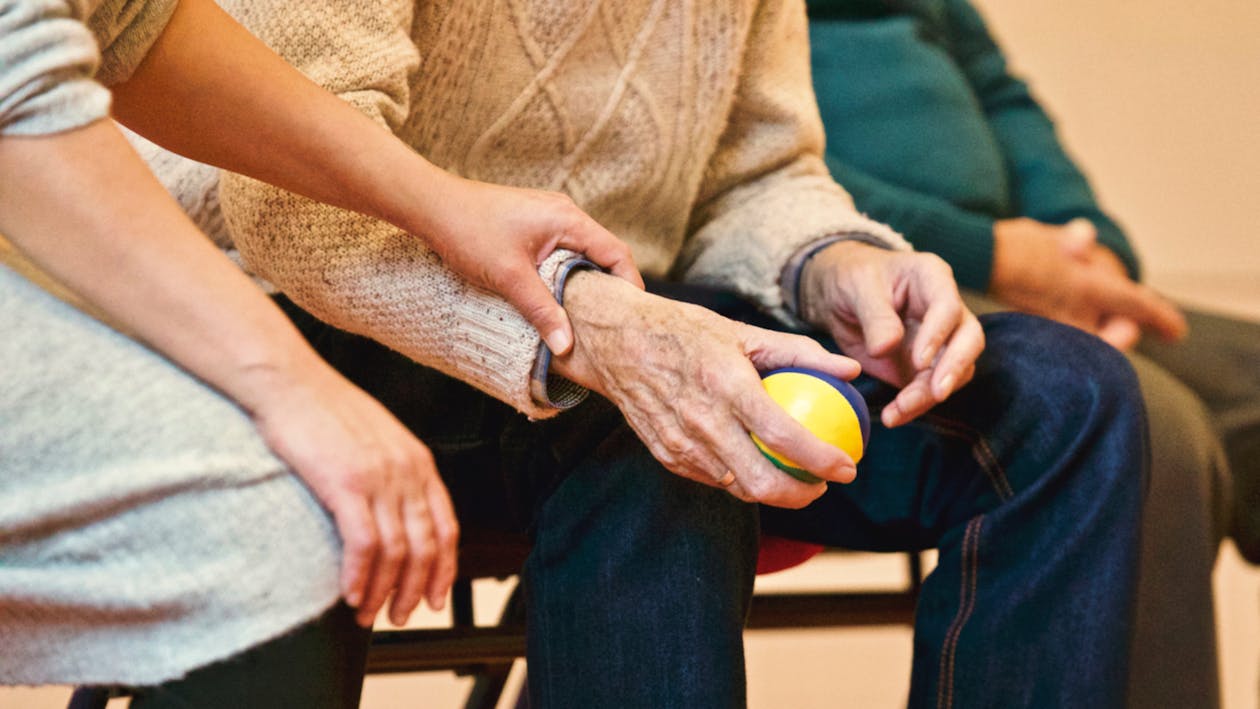
Patients can be denied coverage for various reasons, some being the fault of the medical biller. When a patient requires insurance coverage for a medical service, treatment, or hospital stay and their claim is either denied or rejected, it can be an overwhelming experience. When this happens, medical billers must take on a large portion of the responsibility in regards to alleviating the situation.
Most of the general population is unaware of what goes on behind the scenes of a medical biller’s job. And many people are too nervous or feel inadequate to advocate for themselves when things go south with insurance.
These are reasons why medical billers must work with patients in a supportive and empathetic way, as well as help them become advocates for themselves.
Common Reasons for Claim Denial
According to AARP, 200 million claims are rejected every year!
That means that there are 200 million patients worried about medical bills when they should not be.
While there are a variety of reasons why a claim is denied or rejected, there are a few common reasons why it happens.
- The pre-authorization was never obtained even though it was required
- The claim form had errors; clerical errors were noted
- The claim was filed after the insurance company’s deadline
- The treatment or procedure was deemed to be medically unnecessary
- The service administered was with an out-of-network provider
Dealing with denied claims can be a hassle for medical billers, and it can be frustrating, confusing, and even nerve-racking for patients. It is beneficial for billers to be empathetic toward those being denied coverage, practice extra patience when working with them, and come from a place of understanding and helpfulness.
Helping Patients Through the Denial Process

Acting as a therapist is a bit above a medical biller’s paygrade. However, sometimes it’s more appropriate to put on the therapist hat and help patients problem-solve and work through their frustrations. As a medical biller, there are a few things you can do to more effectively work with a patient who has been denied coverage. These simple tips will keep the patient happy as well as increase the possibility of successfully getting the claim covered.
Giving Patients Knowledge
Oftentimes, the general population is unaware of what goes on behind the scenes of doctor’s offices, hospitals, and insurance companies as it pertains to the billing cycle. Giving patients the rundown of how the cycle works and what may have happened to cause the claim to be denied is the first step. Presenting information to the patient will empower them and help them to advocate for themselves. There is misinformation out there and medical billers should be able to clear some things up for the patients in need.
Patients also need to be aware that they can go through the appeal process if their claim has been denied. AARP also reports that about half of denials that were independently denied were appealed successfully; so there is hope! Helping the patient understand the appeal process gives them the power to change the outcome.
Being a Patient Advocate
Patients dealing with a denial of coverage need someone to advocate for them. As a medical biller, you should be able to backtrack, problem-solve, and find a solution. It is important that patients feel supported and valued, as they could be going through a burdensome moment with their medical and financial concerns.
If every last resort has been attempted and an appeal has been denied, patients have the right to seek out a medical billing advocate.
According to an article in Health Grades:
A medical billing advocate can be particularly helpful under the following situations:
- You have unusually large medical bills, such as after a long hospital stay or a complex surgery.
- You have detailed bills from several sources including separate doctors and healthcare facilities.
- You or your family have several medical bills on an ongoing basis, such as for a chronic condition or due to advanced age.
- You’ve already unsuccessfully tried contesting charges with your medical provider or contesting a claim’s denial with your insurance company.
Remember that patients rely on medical billers to be proactive and assist with denied claims before the window of opportunity is over. Being their advocate is the best thing a biller can do.
Guiding Patients Through the Appeal Process
Appeals are often a lengthy and costly headache for medical billers.
“If a patient’s denial is appealed in the emergency department (ED), the organization’s cost for the appeal will be minimal because it is relatively easy to identify care delivered within the short time frame of an ED visit. But if the cost of a patient’s care is denied throughout a lengthy hospital stay all the way up to the patient’s discharge, appealing that denial can be a battle, and the cost of that battle makes it more critical that it be won. And even if it is won, it will be the costliest way to collect on the denial,” (HFMA).
Now think about what this experience may be like for the patient: calling the appropriate people, navigating through insurance verbiage and policies, writing an appeal to fight the denied claim, and gathering supporting information can seem like a whirlwind. Even for a person of average intelligence and who speaks the English language, this process can be tedious and confusing.
Medical billers can assist patients through the appeal process as much as they are willing to—and hopefully, that is the entire way through.
Conclusion
Finding ways to work effectively with patients is a huge responsibility and should be taken seriously. Patients rely on billers to work through problems and help them come up with resolutions, especially when a claim is denied. Helping patients become more knowledgeable about the billing cycle and why a claim might be denied, being an advocate as well as helping to empower patients, and guiding them through the appeals process are all positive actions medical billers can take.

